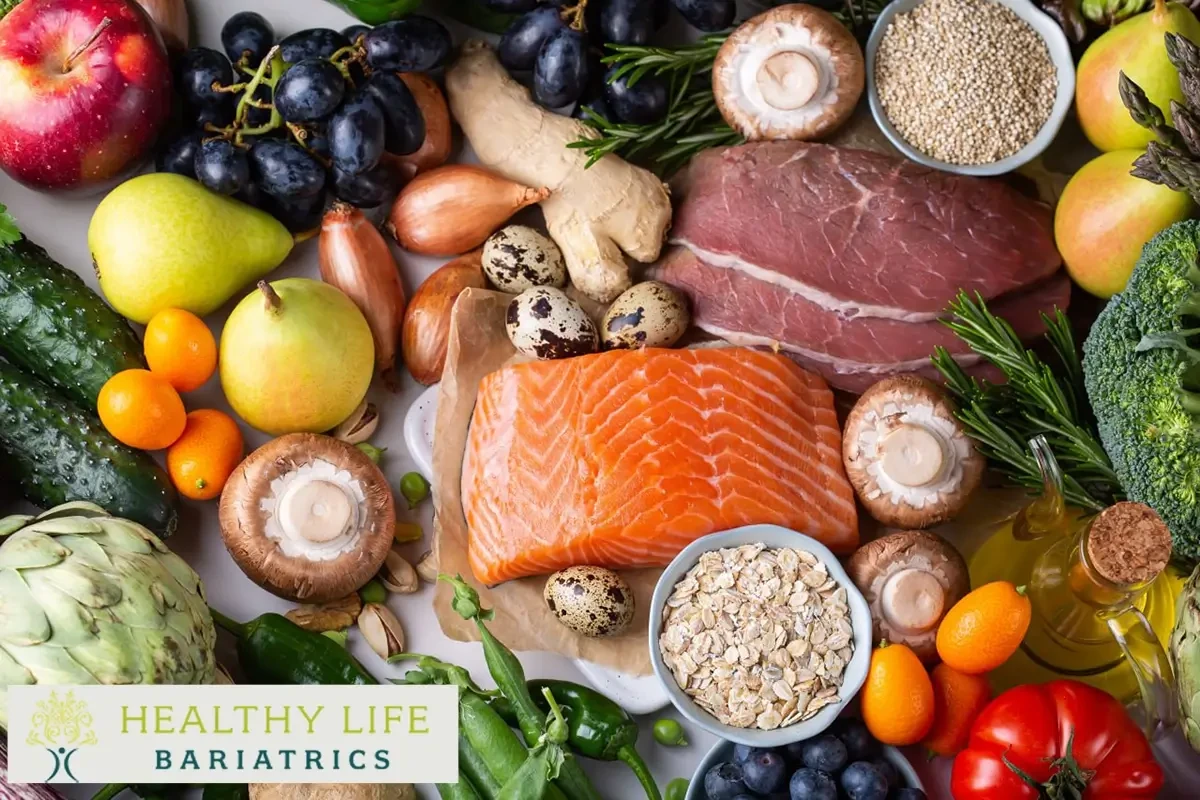Following surgery, consuming solid foods too soon can lead to nutritional deficiencies, as the body may not be ready to properly digest and absorb essential nutrients. Prioritizing nutrient-rich foods in the post-surgery diet is crucial to avoid these deficiencies and promote proper healing and recovery.
Protein is essential for healing and tissue repair, so it is important to include lean meats, fish, eggs, dairy, and plant-based protein sources in the diet. Vitamins and minerals, particularly vitamin C, vitamin D, calcium, and iron, are also important for tissue healing and immune function. Including a variety of fruits, vegetables, dairy, and fortified foods can help ensure an adequate intake of these nutrients.
Following a recommended diet is vital in preventing deficiencies and supporting the body's recovery process. Without proper nutrition, the risk of delayed healing, infection, and complications increases.
In conclusion, if solid foods are consumed too early after surgery, there is a risk of nutritional deficiencies, particularly in terms of protein, vitamins, and minerals. To support proper healing and recovery, it is important to prioritize nutrient-rich foods and follow a recommended post-surgery diet.



